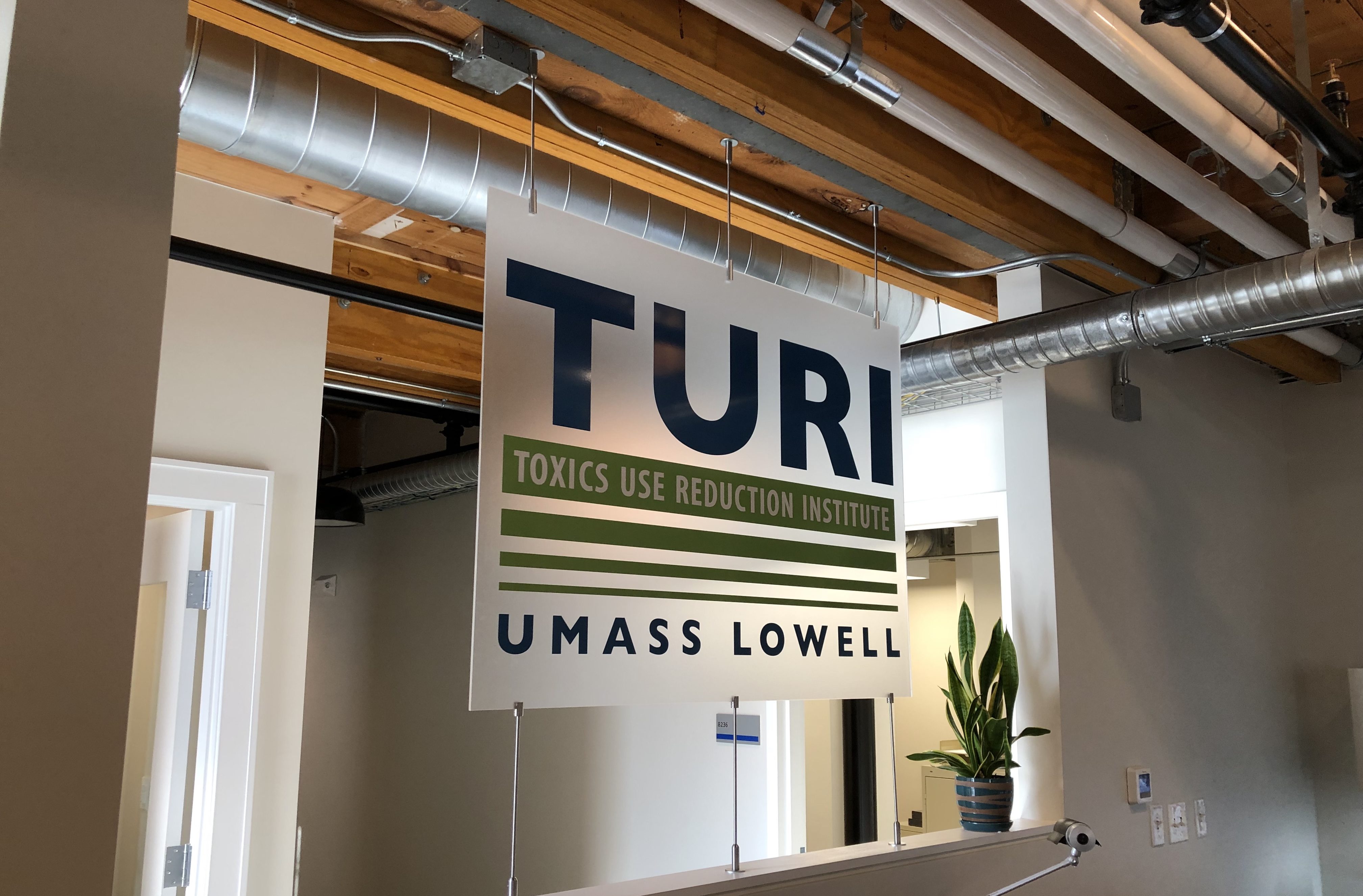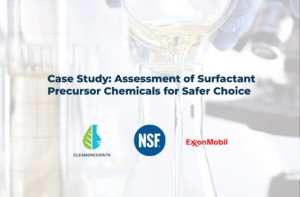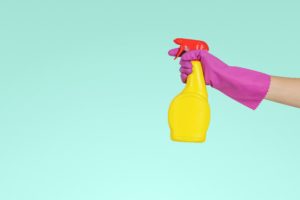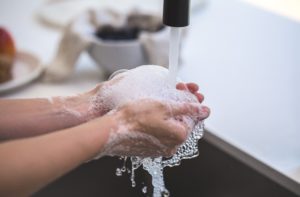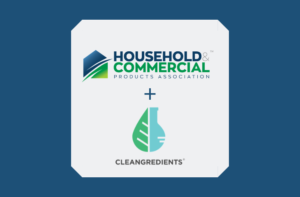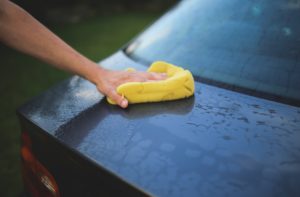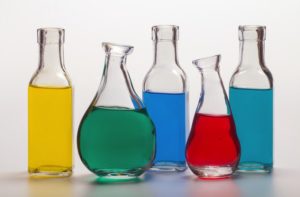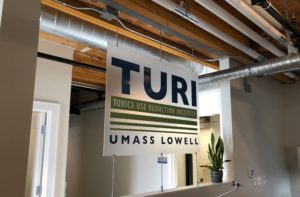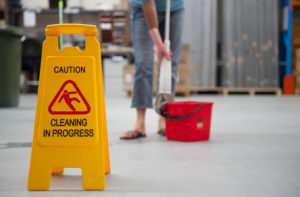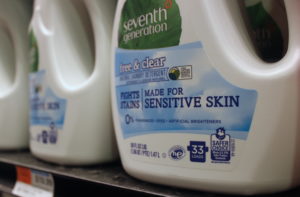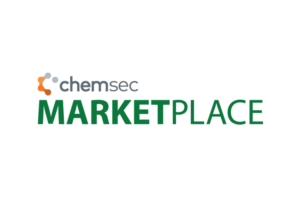In November, I had the privilege of visiting the office and laboratory of the Toxics Use Reduction Institute (TURI) in Lowell, Massachusetts. Funded largely by fees paid under the Massachusetts Toxics Use Reduction Act by companies that manufacture, process, or use large quantities of specified toxic chemicals, TURI operates a number of programs to help to reduce the use of toxic chemicals in industry and communities in Massachusetts, and in some cases, assist companies outside of the state as well.
The way TURI carries out its mission has evolved over time. When the institute was first created in 1989, there was a lot of low hanging fruit – i.e., situations where toxic chemicals in use could be easily swapped for less hazardous alternatives. However, as these changes have been made, the remaining uses of highly hazardous chemicals are increasingly in very specialized applications with performance requirements that aren’t easy to meet. This means there’s a need to carefully test potential alternatives to ensure they’ll actually perform as required.
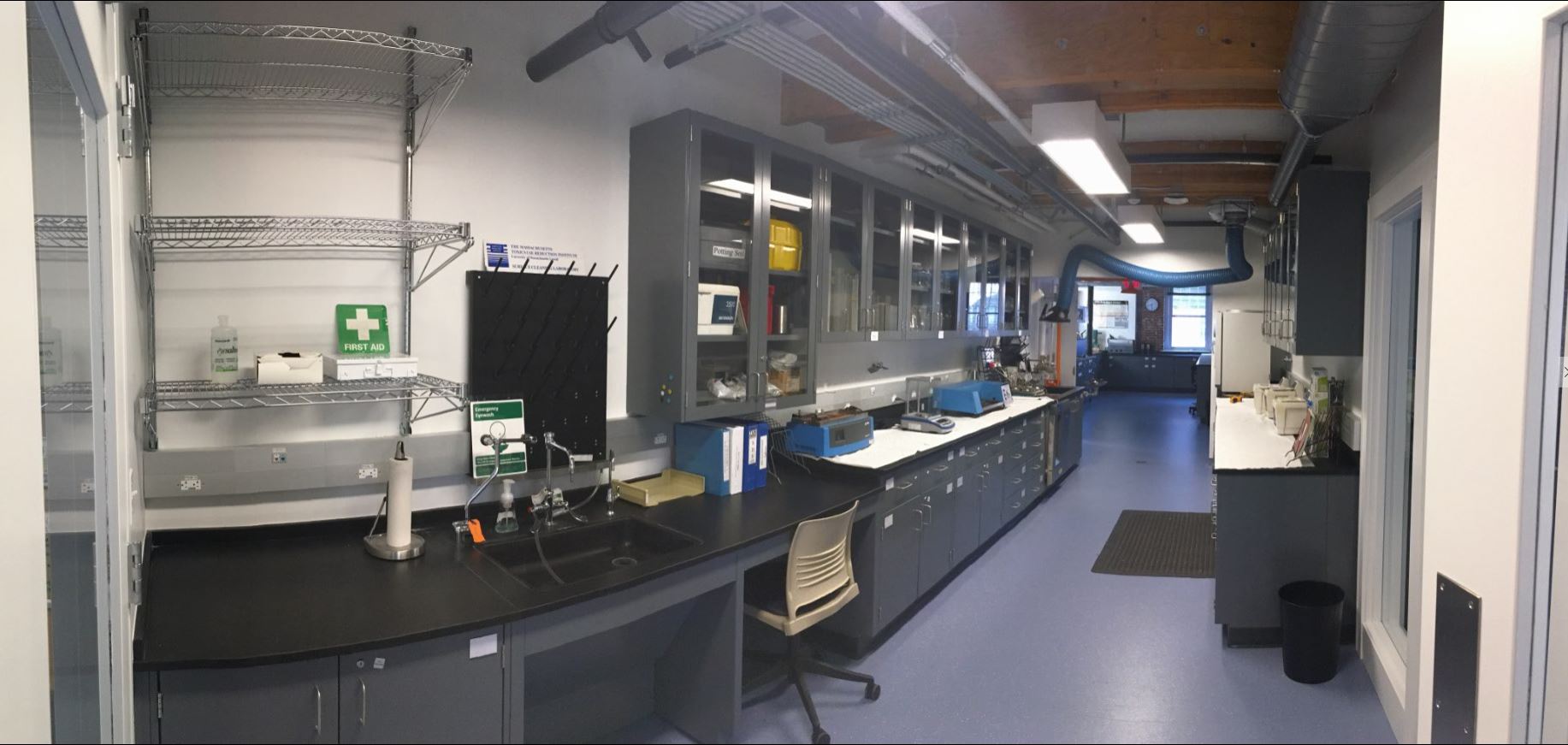
To address this issue, TURI’s facilities include a cleaning laboratory that allows them to do performance testing of various potential alternative chemistries, primarily focusing on products for industrial and janitorial applications. For example, many remaining uses of chlorinated solvents in vapor degreasers are for specialized industrial applications. TURI is testing a cleaning device using vacuum technology that has the potential to replace vapor degreasers in these applications, reducing the use of highly hazardous chemicals. The lab conducts performance testing using samples of the actual soils companies are dealing with, to test performance of safer alternatives in that specific application.
For janitorial products, TURI’s lab conducts side-by-side performance testing of alternative chemistries with conventional products. The lab’s services can be helpful for companies looking to qualify for an ecolabel such as Safer Choice or Green Seal. For example, if an ingredient in a formulation does not meet the criteria of the ecolabel program, the TURI Lab can help find an alternative that will work effectively in the formulation without hurting performance. As with industrial cleaners, janitorial products are tested using real-world scenarios. There is even a mock bathroom set up in the lab to test the performance of cleaning products.

TURI is also in the process of developing facilities to test microbial contamination, including testing the ability of products that aren’t registered with EPA as antimicrobials or are used outside of specifications to remove or kill microbes, with the goal of finding ways to achieve sanitation goals for non-critical applications while avoiding the use of toxic chemicals.
In addition to its lab facilities, TURI has a wide array of programs that support pollution prevention and the implementation of safer alternatives. The institute provides training to Toxics Use Reduction Planners for Massachusetts businesses, offers technical assistance and grants to small and large businesses, and conducts community outreach and education – for example, helping schools and households implement green cleaning practices. Through its affiliation with the University of Massachusetts Lowell, TURI collaborates with students and faculty on a variety of research tasks. TURI also provides grants for academic research on topics related to toxics reduction, conducts its own research on safer alternatives, and provides science and policy support for the Toxics Use Reduction Act program.
TURI’s unique resources can be a great help to businesses and communities in Massachusetts that are seeking to reduce their use of toxic chemicals, as well as companies looking for assistance in selecting effective safer chemicals in janitorial product formulations. The institute’s approach recognizes the reality that safer alternatives must meet performance requirements, or they will not be adopted, and pursues innovative solutions that will help prevent harm to people and the environment.

